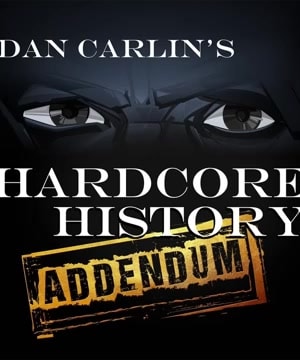TV
Sources:
Here are some insights about television from various podcast episodes and experts:
-
Birth of Television: Vladimir Zworykin and Philo Farnsworth played crucial roles in the early development of TV technology. In 1927, Farnsworth, just 21 years old, developed a prototype using an image dissector, which remains the foundation of today's digital displays. Despite legal battles with RCA, Farnsworth's invention led to television broadcasts like the 1939 World's Fair, although wider adoption was stalled by World War II 1.
-
Rise of Cable TV: The adoption of cable TV marked a significant shift, allowing for more channels and the creation of cable-only networks like HBO and CNN. The transition from analog to digital signals and the development of HD broadcasts revolutionized the viewing experience, with significant advancements occurring by 2010 2.
-
Impact of Television on Society: Television has been a powerful medium for shaping public opinion and societal norms. During the Vietnam War, TV broadcasts brought the realities of war into American living rooms, significantly impacting public sentiment and political decisions. The medium's influence extended to how cultures perceived and reacted to global events, such as the nuclear threat during the Cold War 3.
-
Historical Evolution: The concept of transmitting images dates back to the telegraph era, with the Nipkow disk in 1884 marking a pivotal innovation in image scanning. This evolution culminated in the comprehensive TV systems we know today, fundamentally altering communication and entertainment in the latter half of the 20th century 4.
For in-depth details, these insights were discussed in podcasts like and .
RELATED QUESTIONS-
